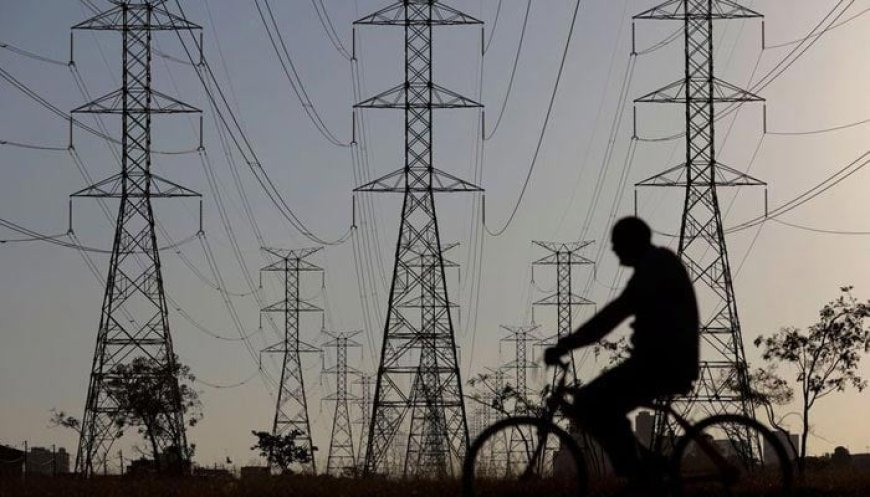"Leghari: Talks in progress with IPPs to reduce power tariffs as current rates are unsustainable"

1. Minister says govt aims to bring tariffs down to 9 US cents per unit for commercial users from about 28 cents
"Leghari: Status quo unsustainable, both sides acknowledge need for change.
Calls for stakeholders to compromise for swift resolution.
Govt seeks to reduce tariffs from 28 to 9 US cents per unit.
The coalition government, led by PML-N, is renegotiating contracts with independent power producers (IPPs) to address the 'unsustainable' electricity tariffs, according to Energy Minister Awais Leghari, as soaring energy costs strain households and businesses.
Rising power prices have fueled social unrest and led to industrial shutdowns in the $350 billion economy, which has experienced two contractions in recent years amidst record-high inflation.
'The current power pricing structure is not sustainable,' said Leghari, who heads the Power Division, in an interview with Reuters. He added that discussions with power producers are ongoing because 'both sides understand that the status quo cannot continue.'
Leghari emphasized that all stakeholders must 'compromise to some extent'—without jeopardizing business sustainability—and this must happen 'as soon as possible.'
In response to chronic shortages a decade ago, Pakistan approved numerous private projects by IPPs, mostly financed by foreign lenders. These deals included guaranteed high returns and payment for unused power.
However, the prolonged economic crisis has reduced power consumption, leaving the country with excess capacity that must be paid for. To cover these costs, the government has added fixed charges and capacity payments to consumer bills, leading to protests by domestic users and industrial associations.
Four power sector insiders told Reuters that contract changes under consideration include cutting guaranteed returns, capping dollar rates, and ending payments for unused power. These sources requested anonymity due to restrictions on speaking to the media.
The viability of the energy sector was a key point in a critical $7 billion IMF bailout agreement in May. The IMF's staff report called for power deal revisions.
Pakistan has already begun discussions on restructuring its power sector debt to China and negotiating structural reforms, though progress has been slow. The government has also committed to ending power subsidies.
Leghari acknowledged that current rates were unaffordable for both residential and commercial consumers, and were stifling economic growth by making power prices uncompetitive regionally, harming crucial exports.
The goal is to reduce tariffs for commercial users to 9 US cents per unit, down from the current 28 cents.
Earlier this week, Leghari hinted at 'permanent relief' for consumers, noting on Geo News' "Aaj Shahzeb Khanzada Kay Sath" that a detailed review of IPP-related matters had been completed, and the public could soon expect 'good news.'
However, unilateral changes to IPP contracts are unlikely, as Leghari cautioned last month that such action could lead to a 'Reko Diq-like situation.' The country has lost nearly Rs5,082 billion over the past 15 years due to the government's failure to control circular debt, resulting in annual losses of Rs370 billion."


















































